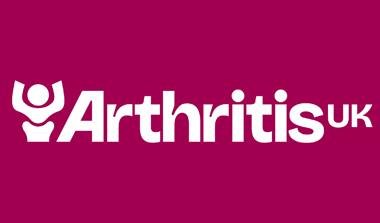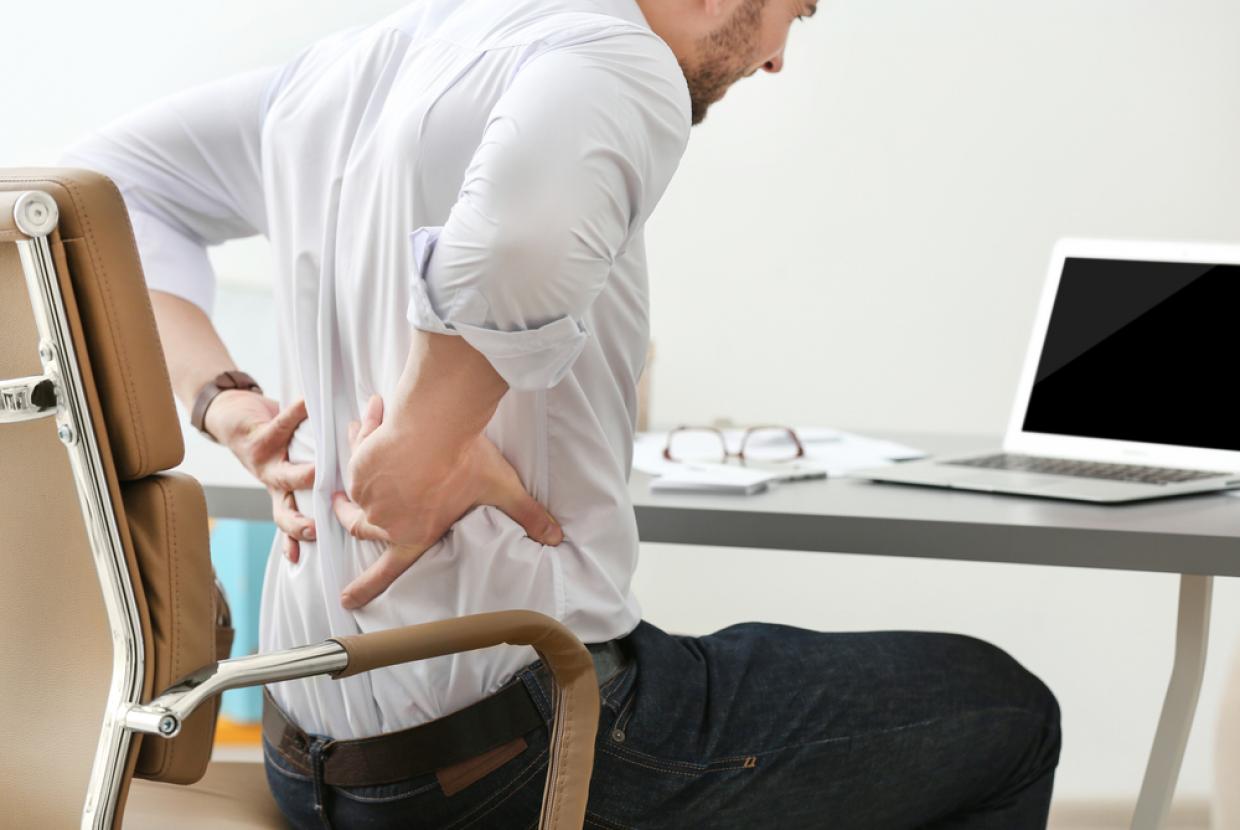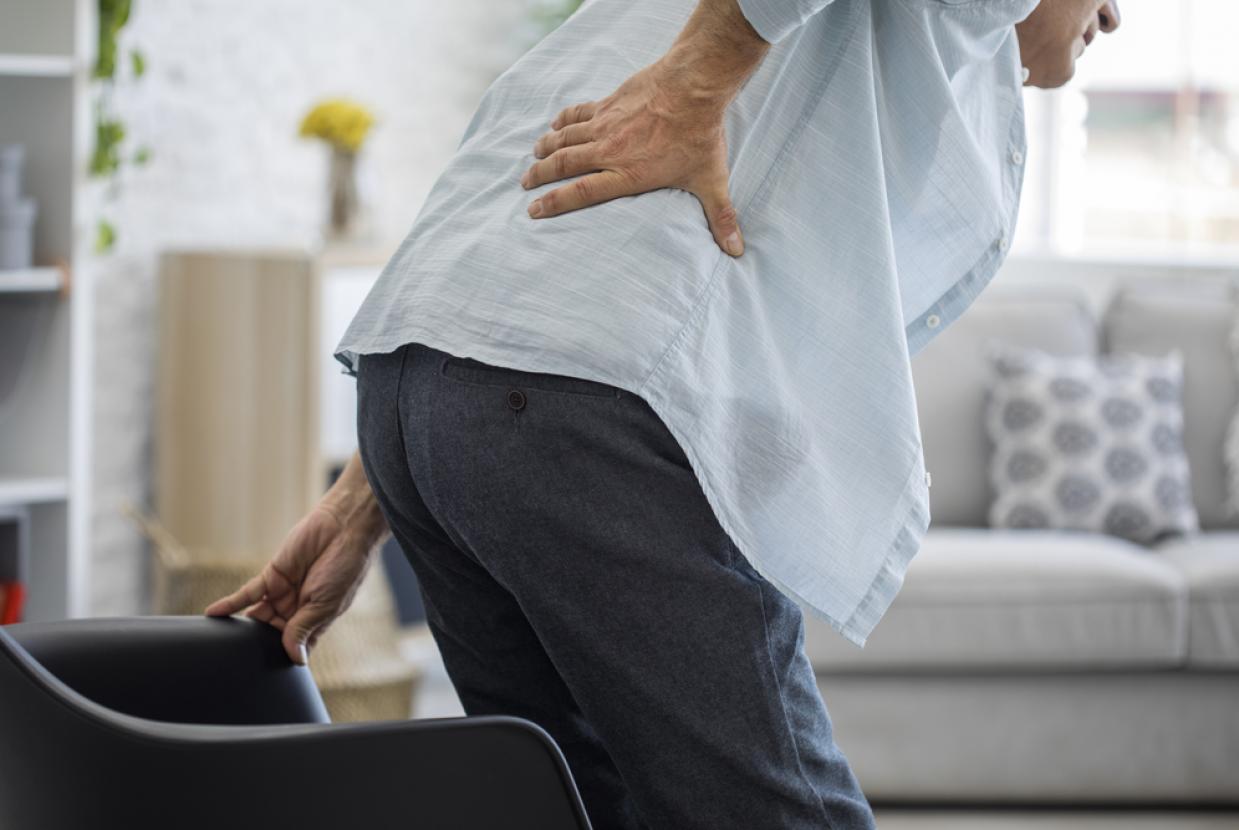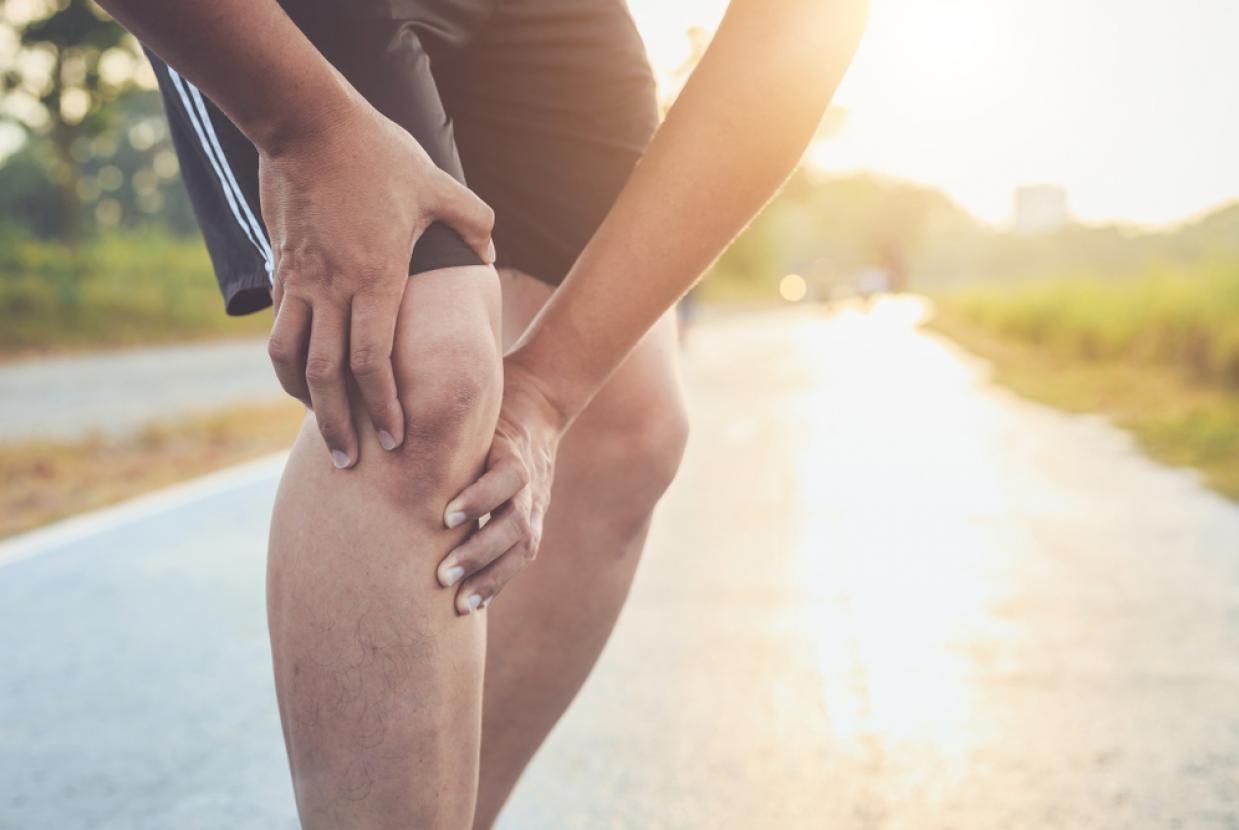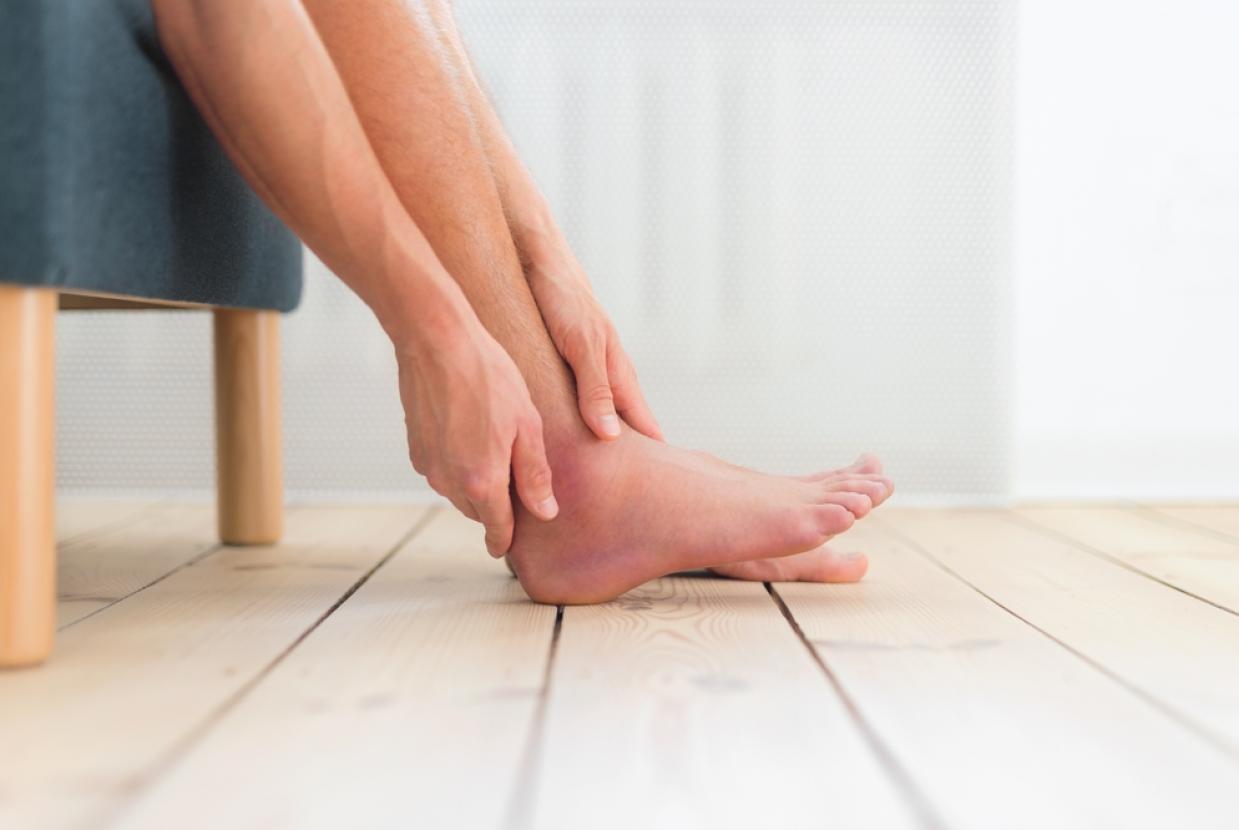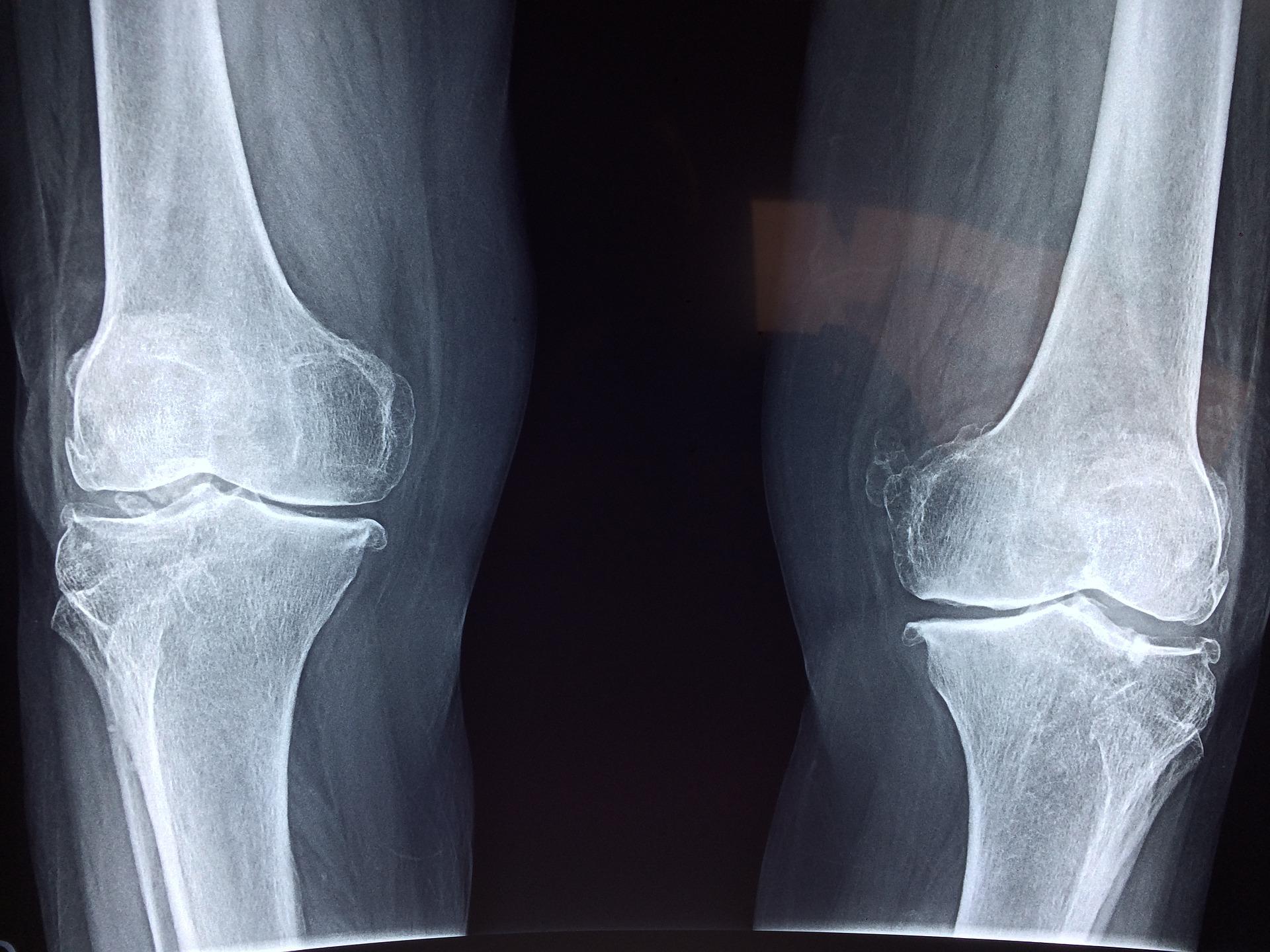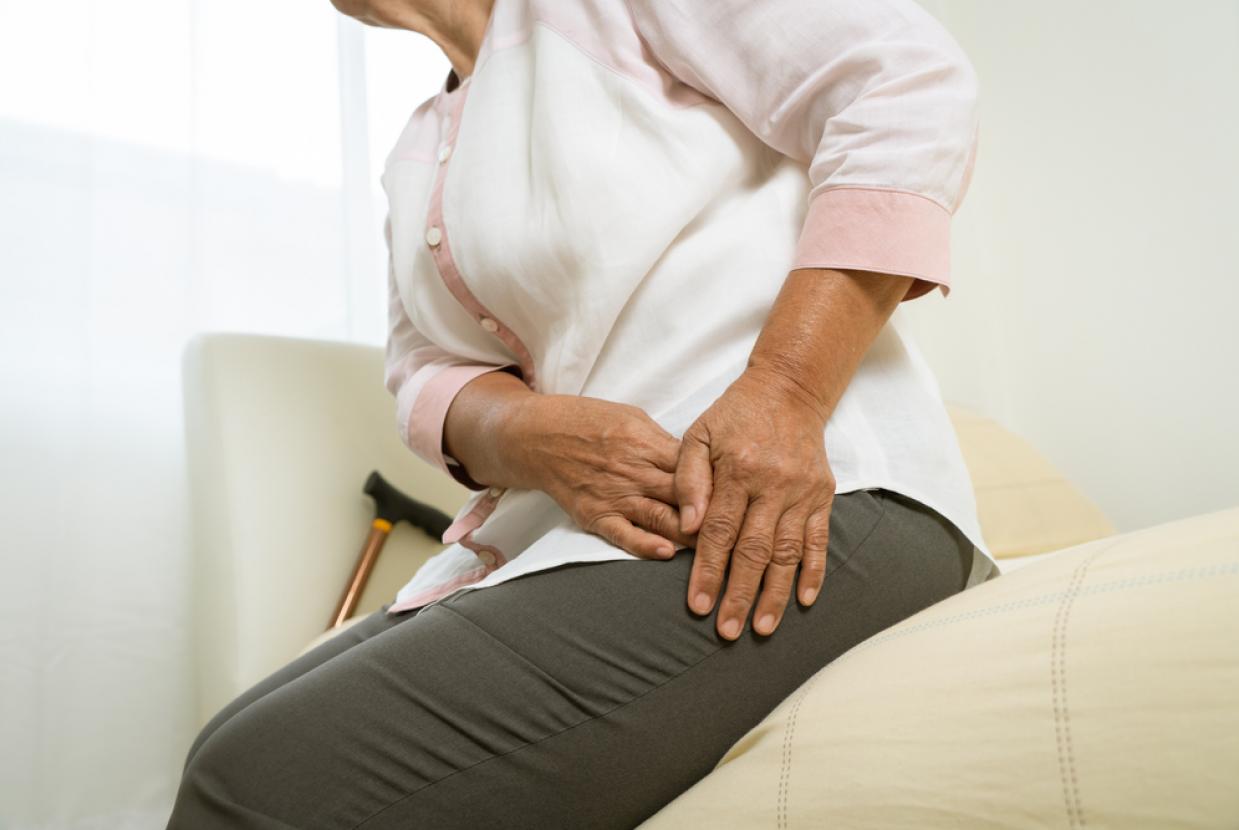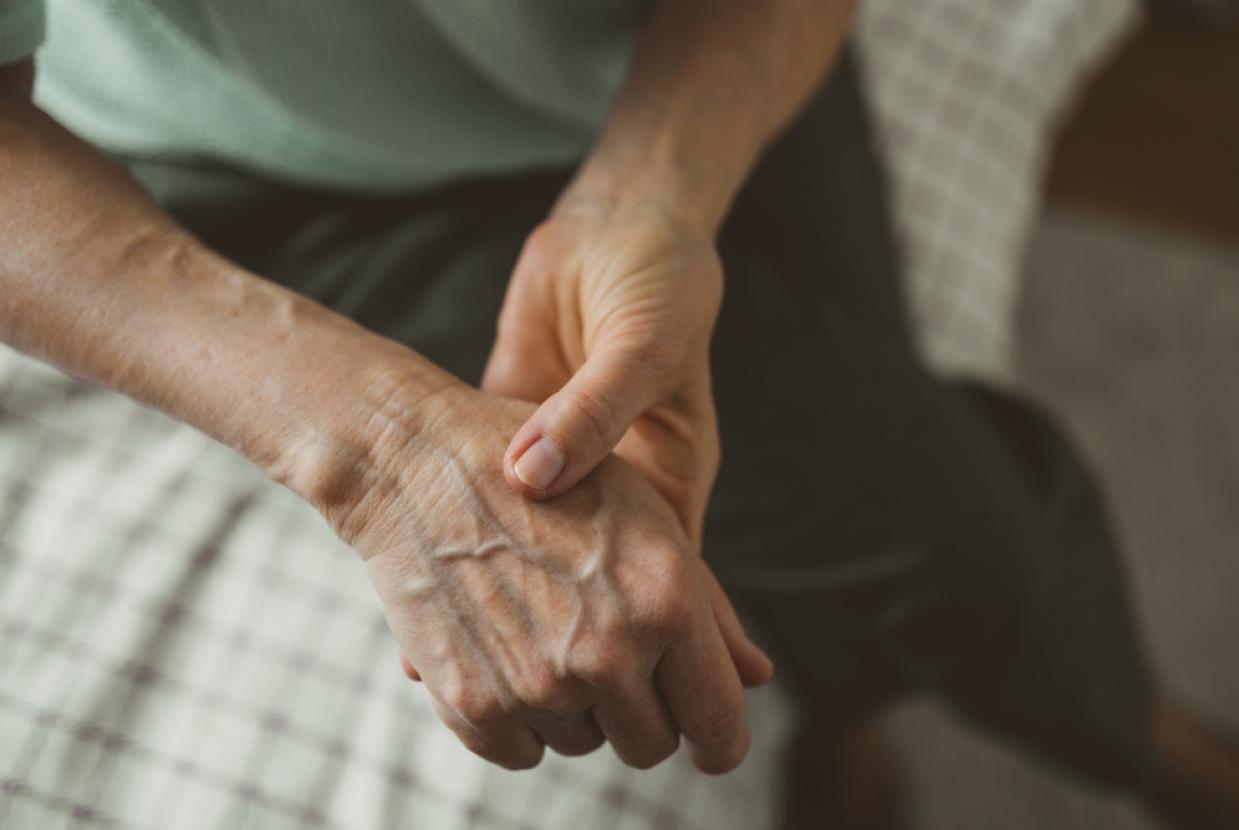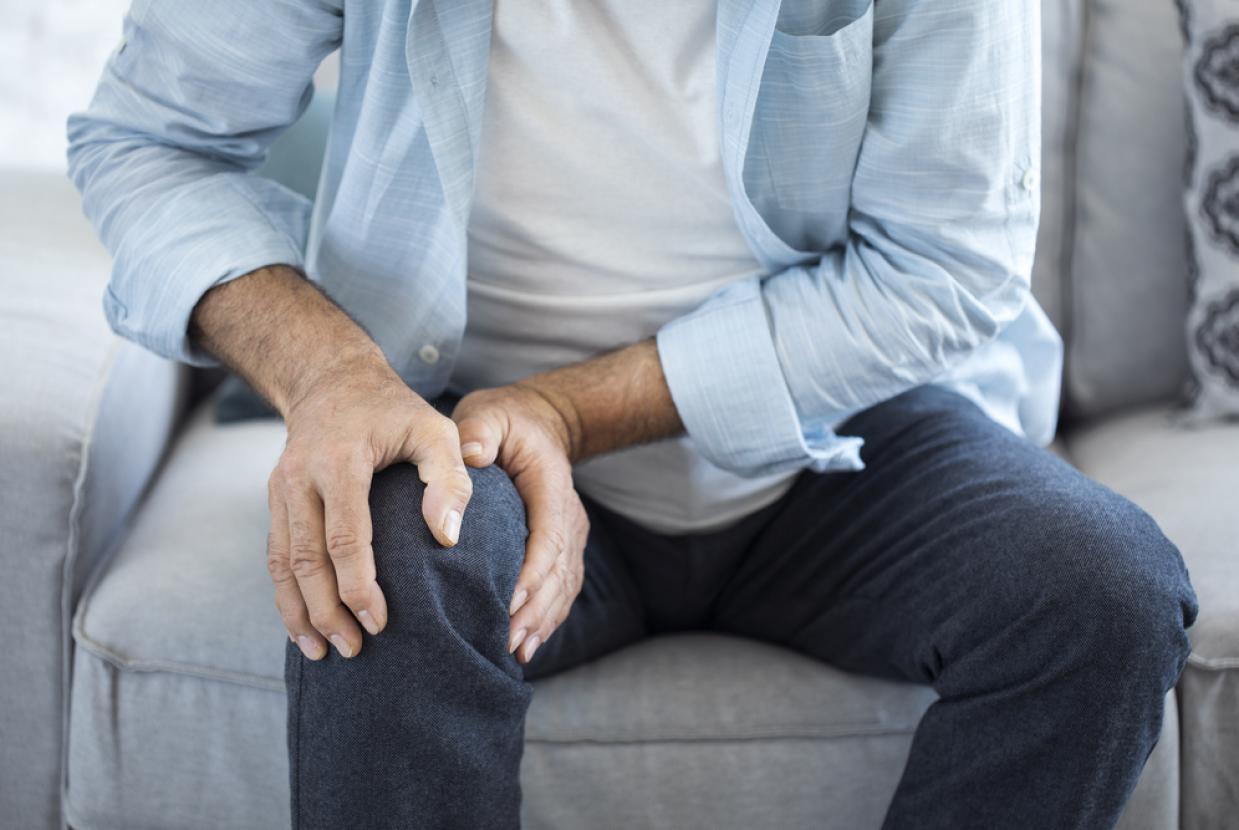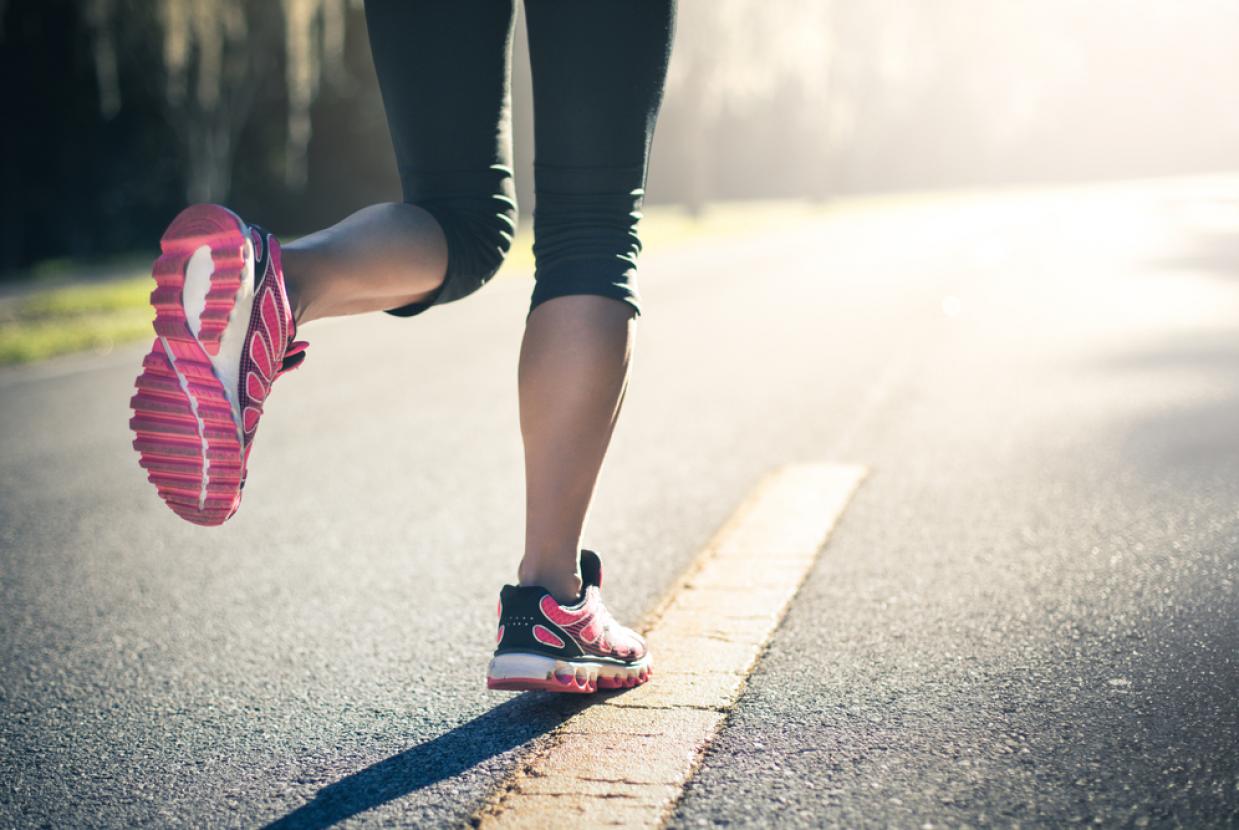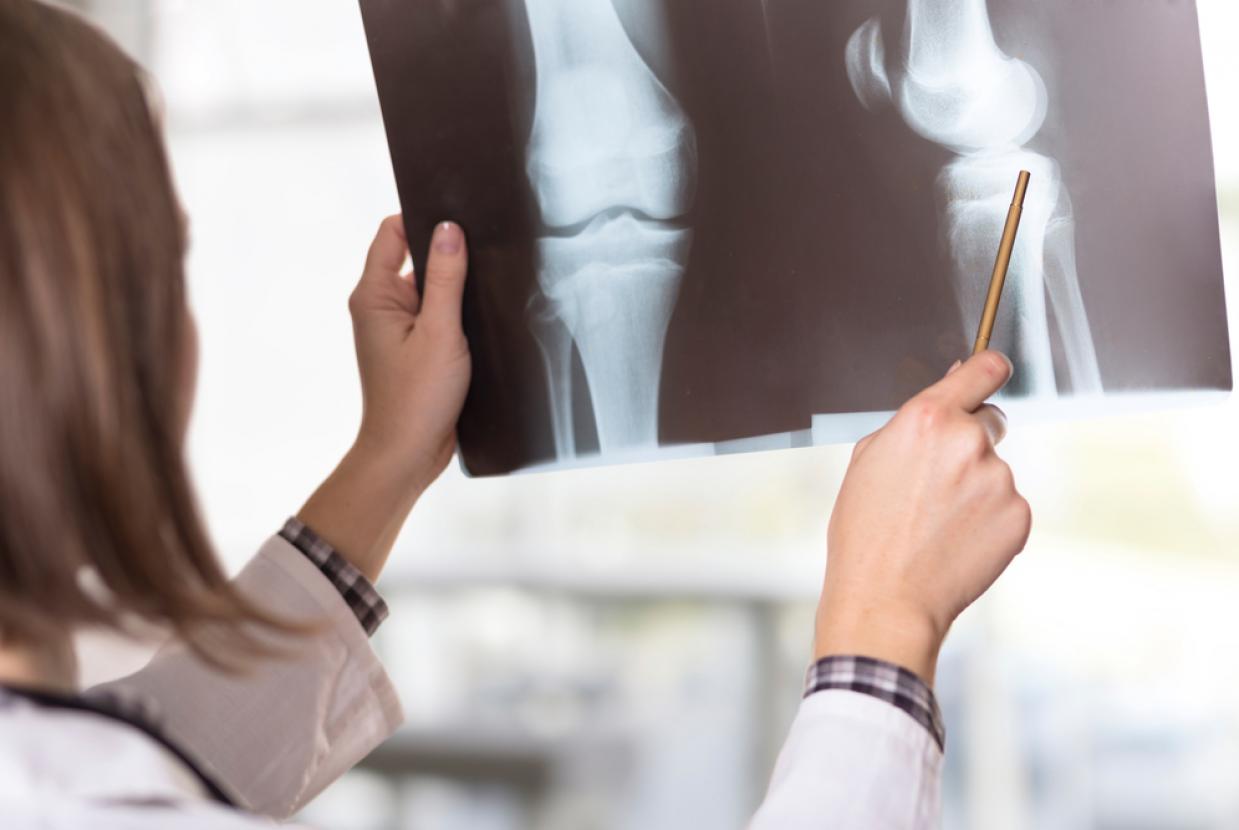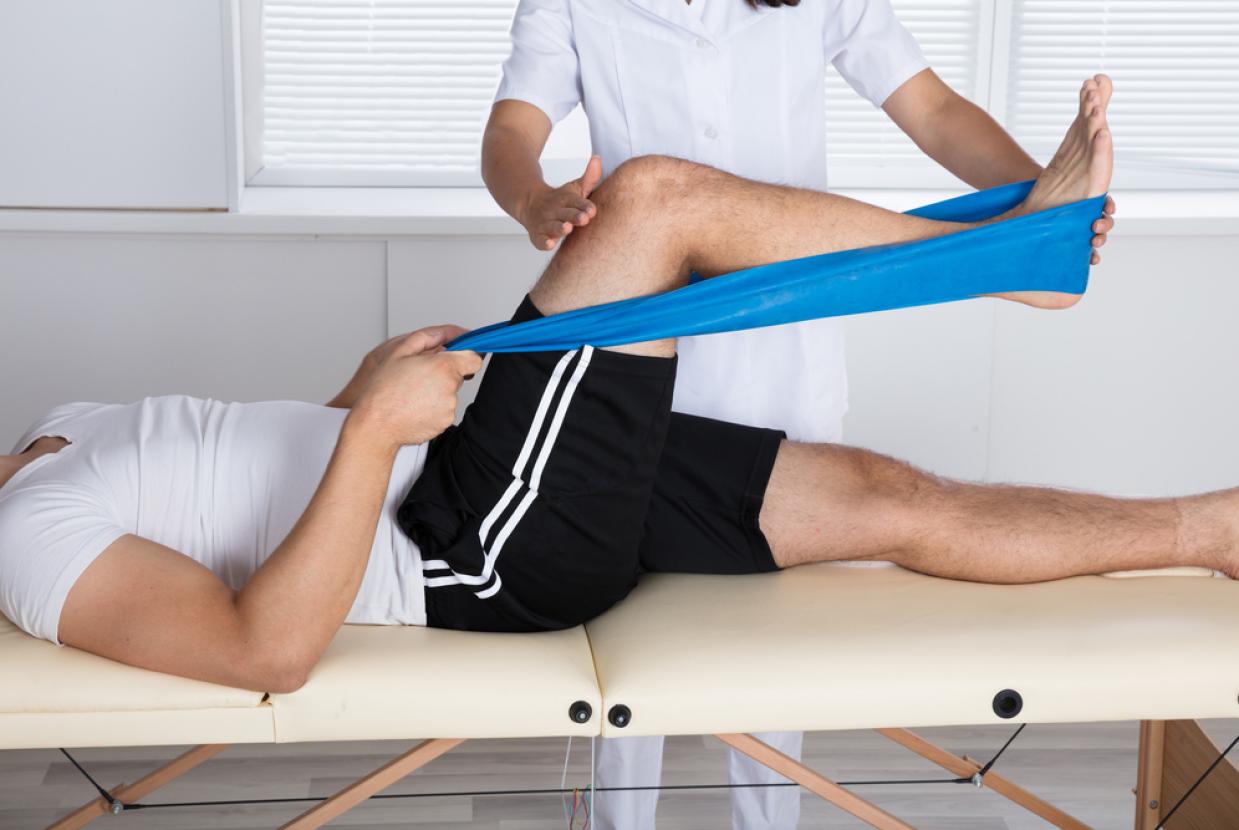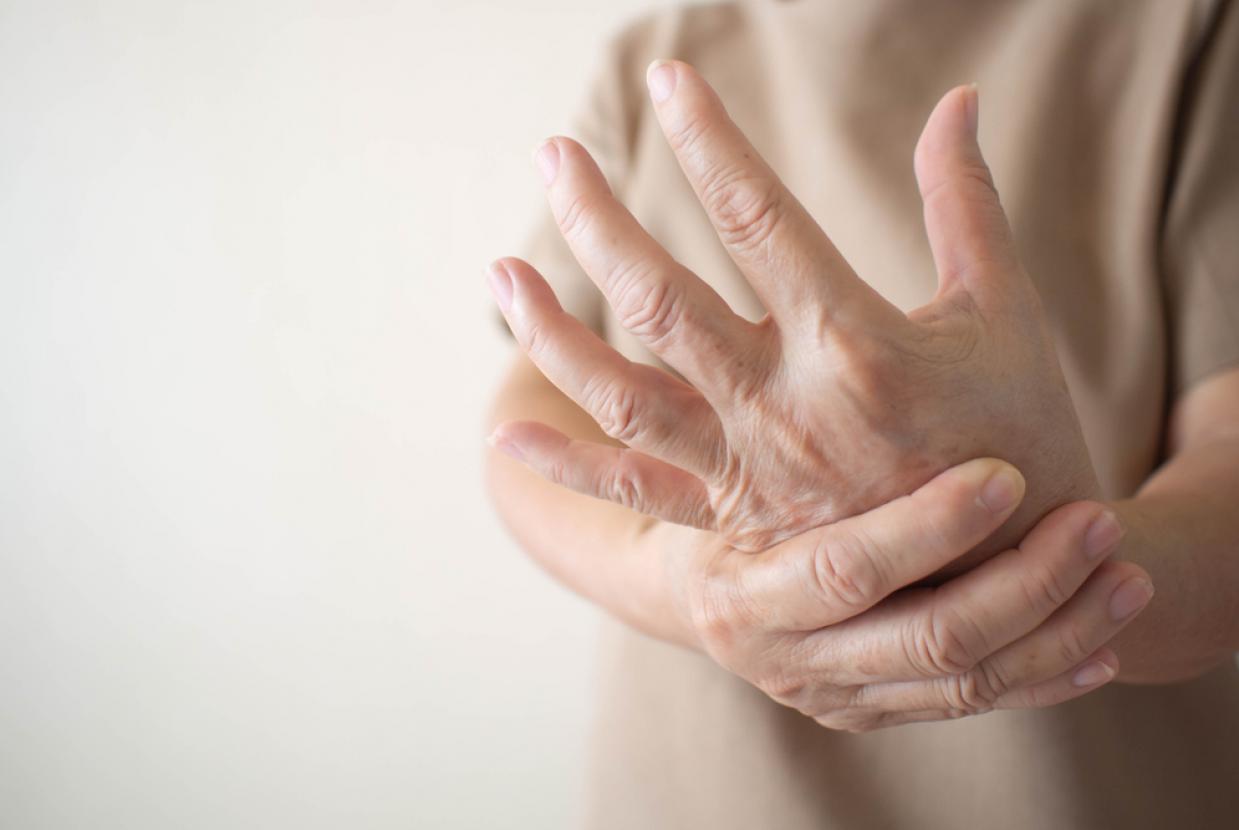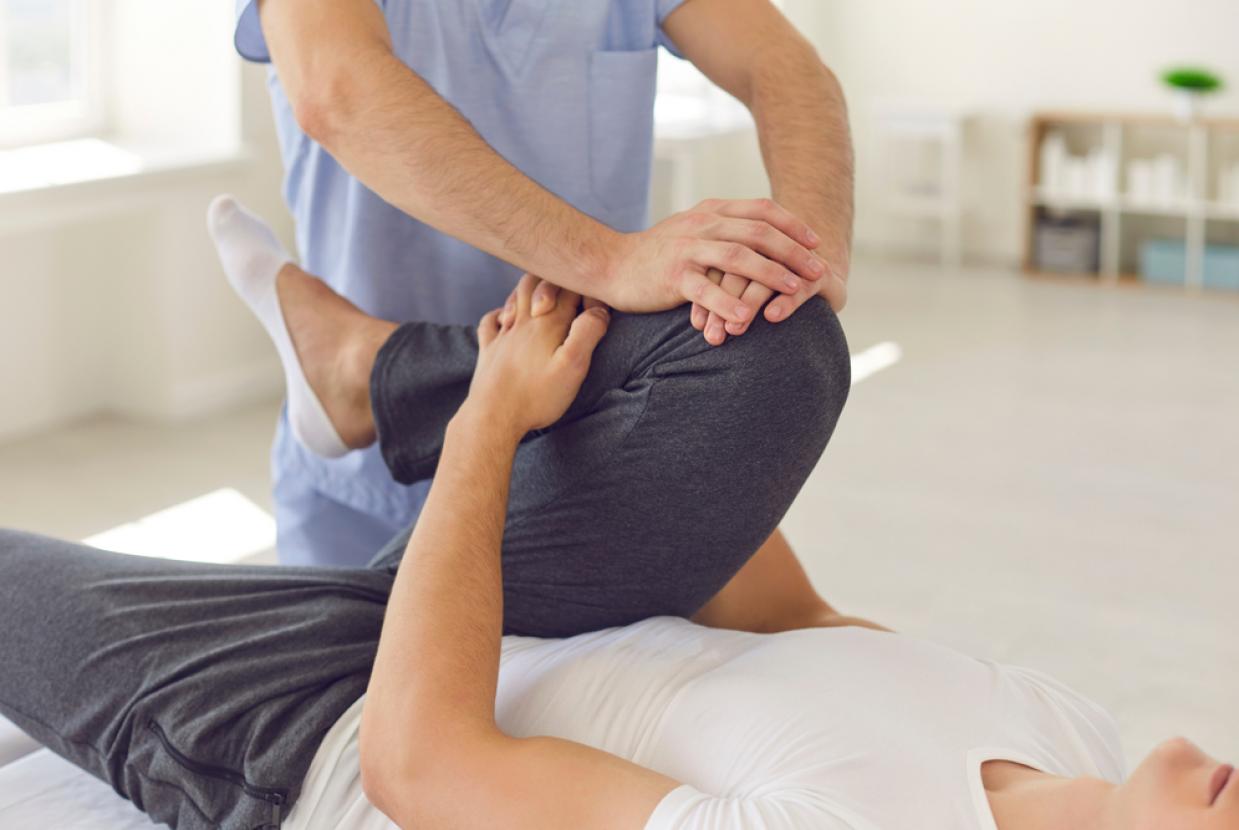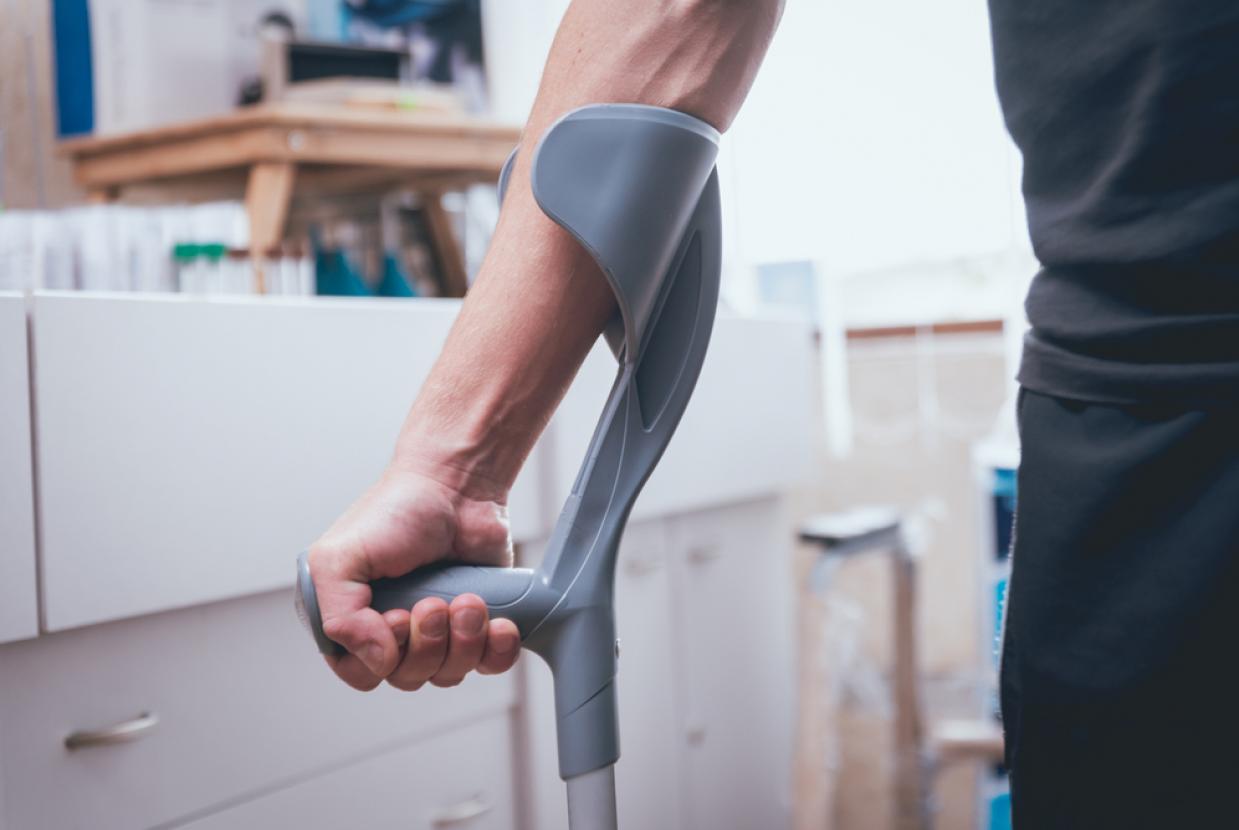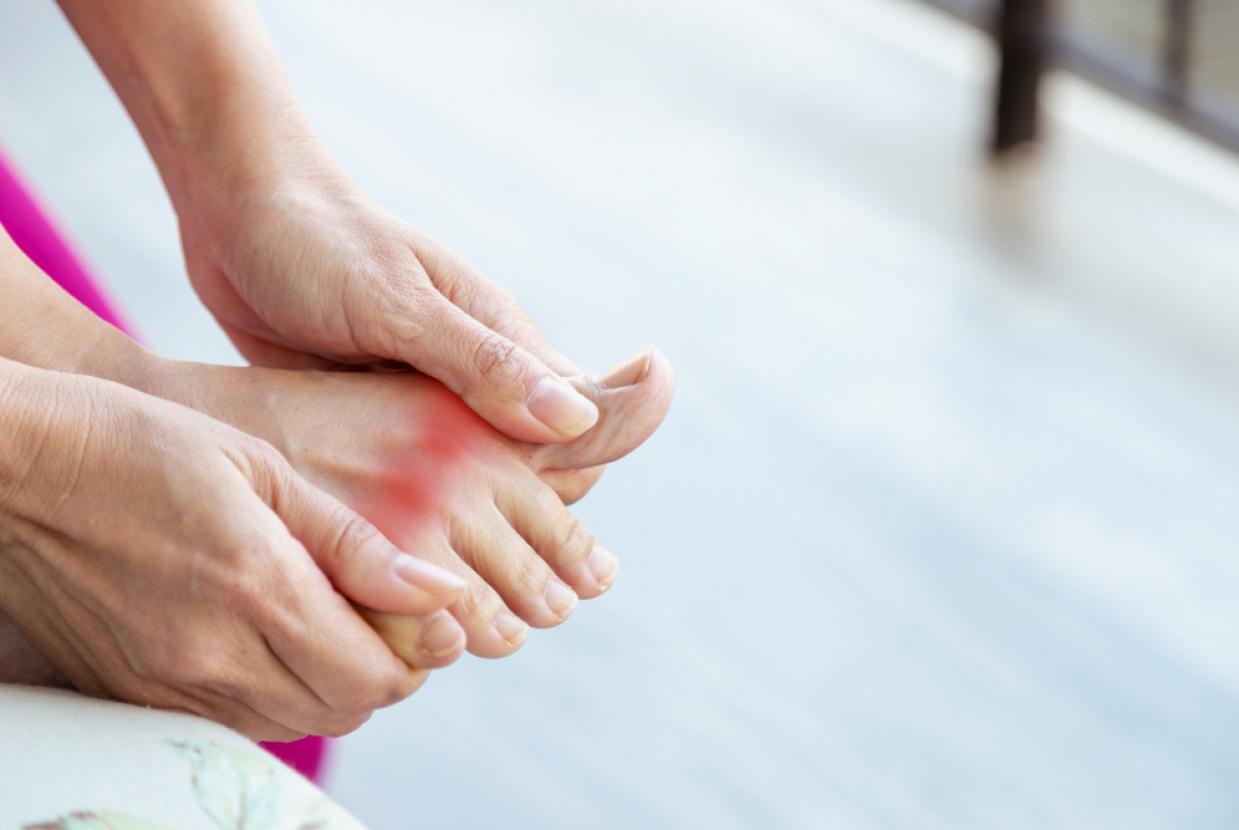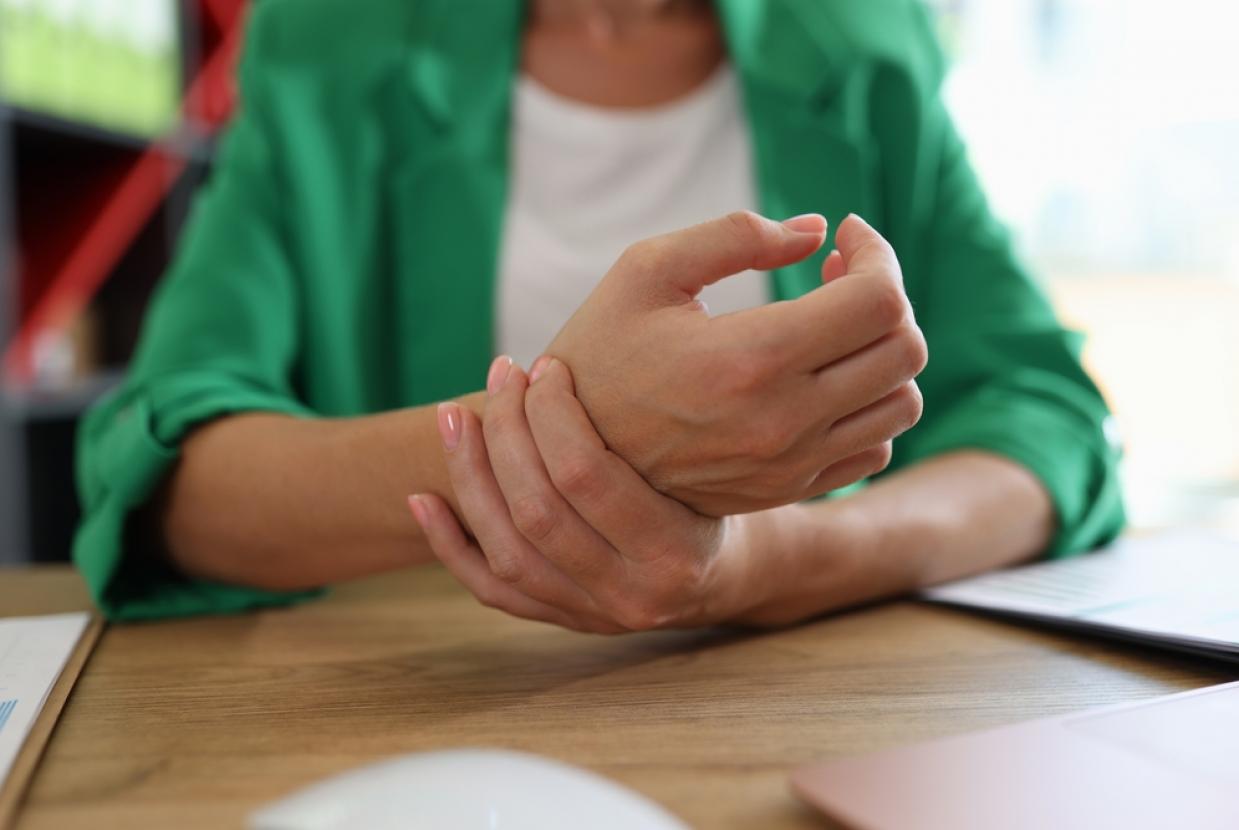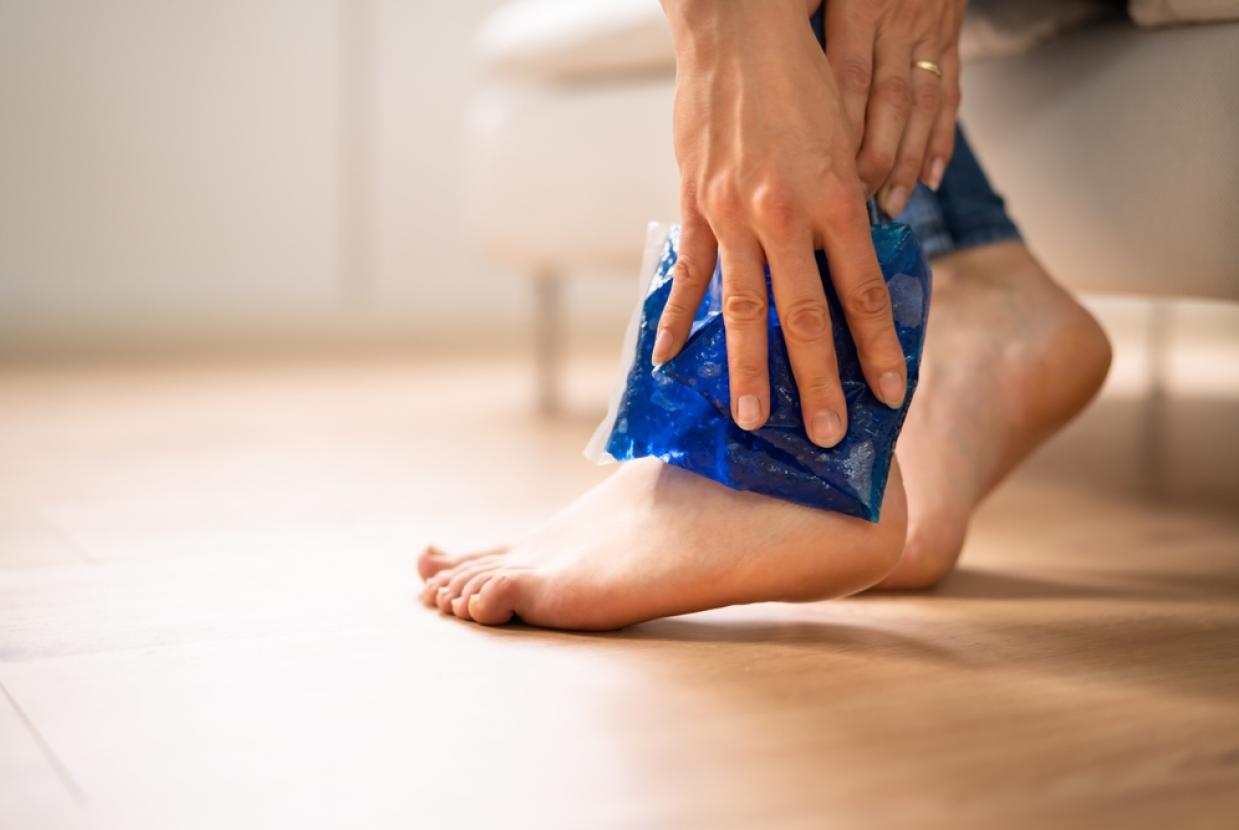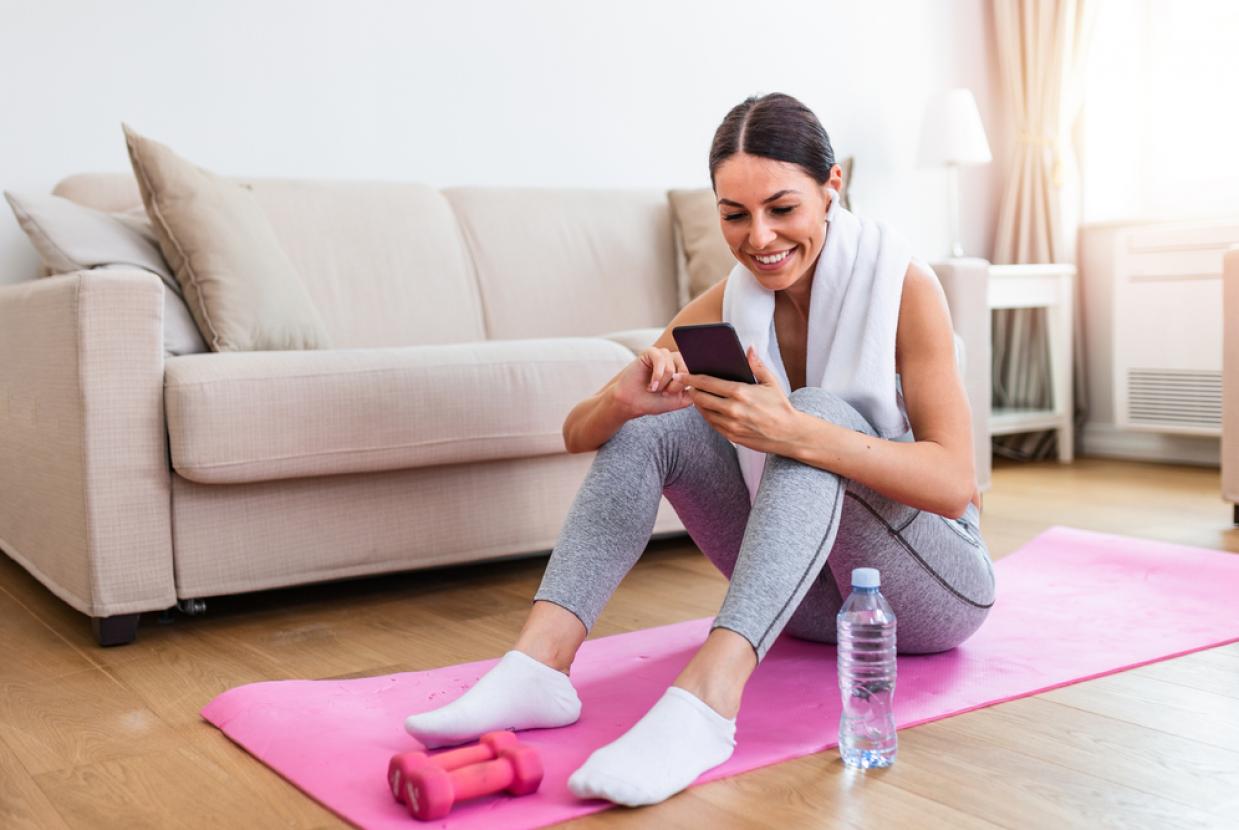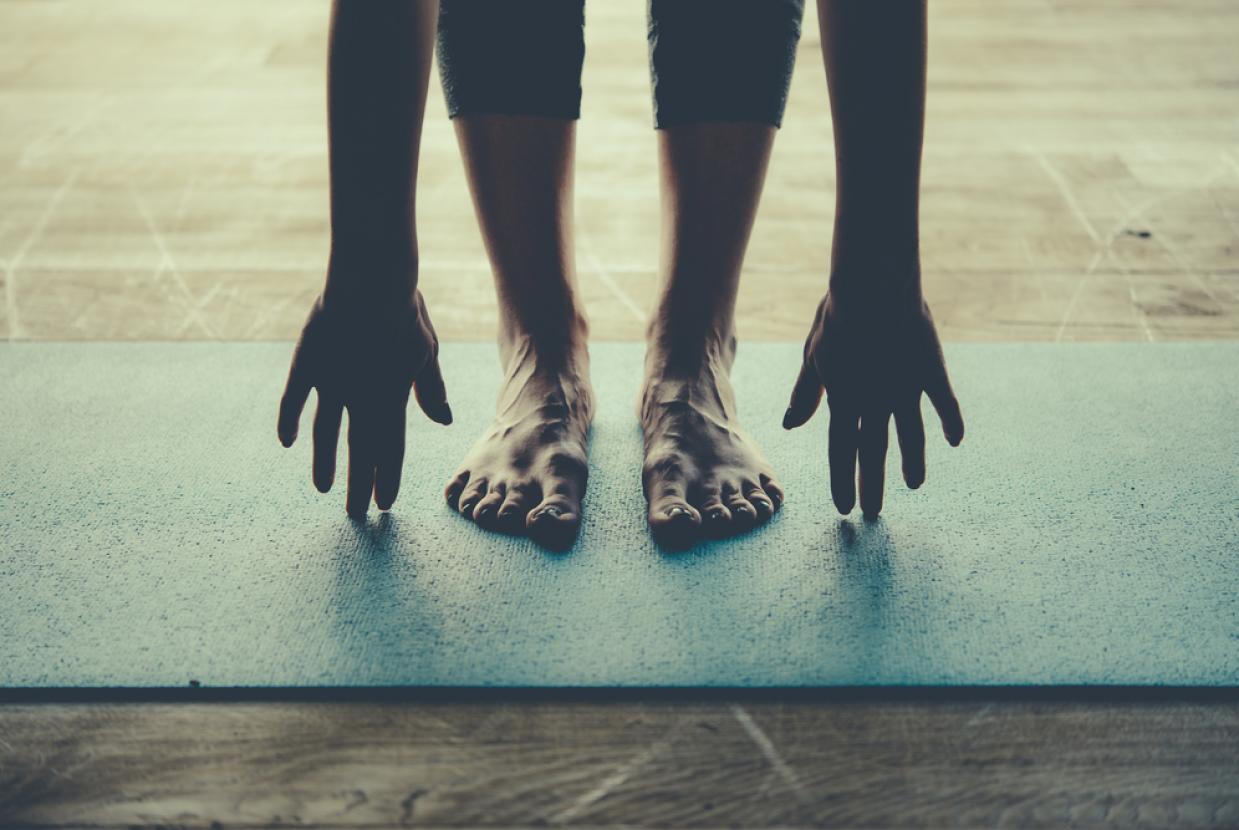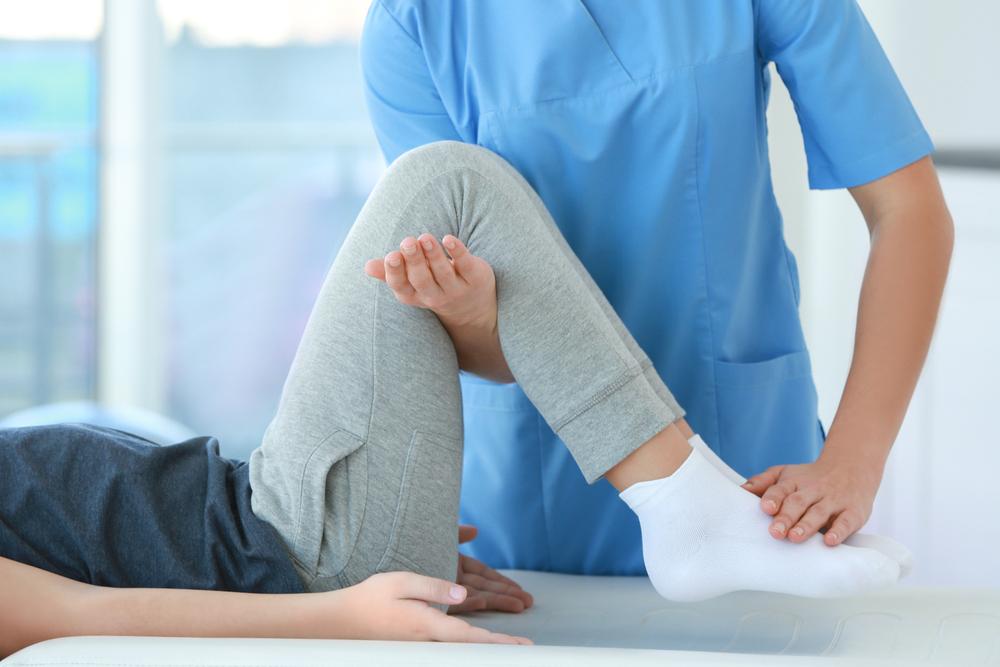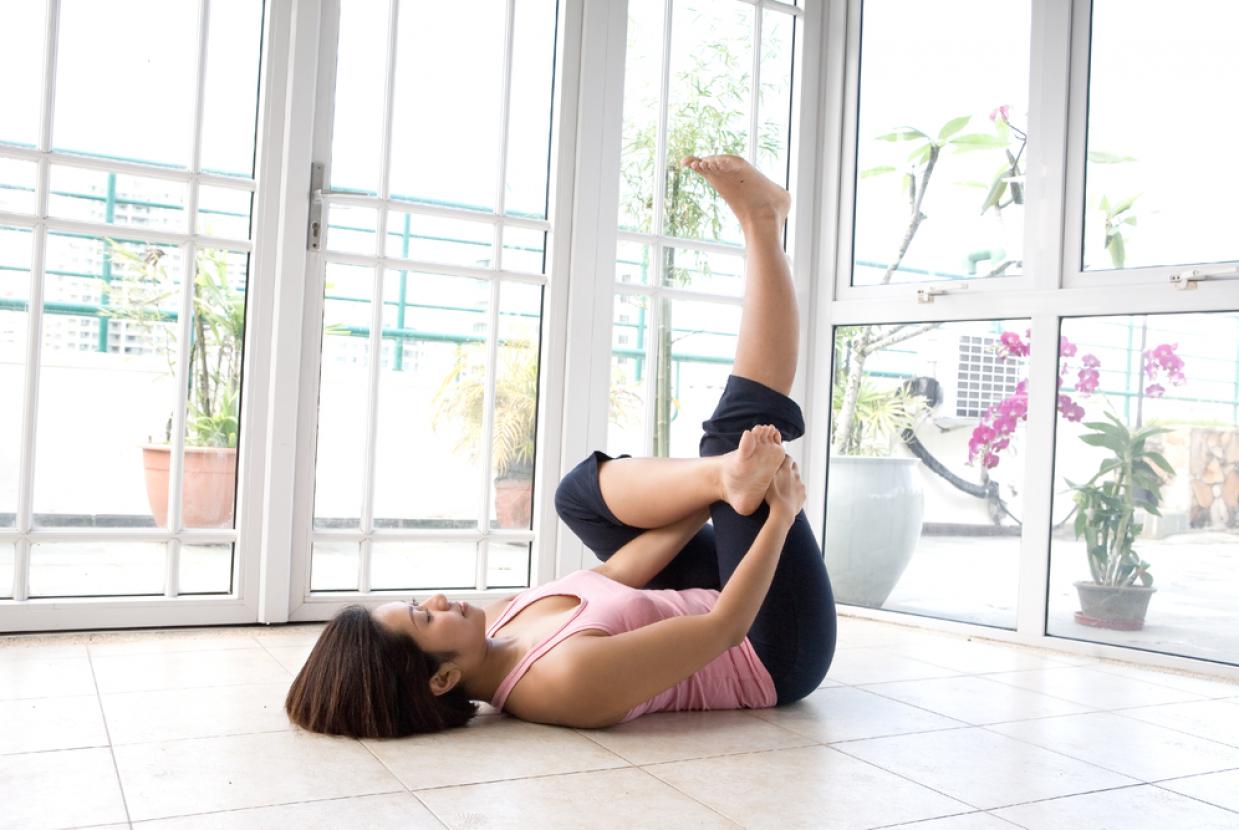Is Tai Chi Good For Arthritis?
Arthritis/Back Pain/Joint Pain / Get FitIf you’re looking for a gentle, calming exercise to try, Tai Chi (also known as Tai Chi Chuan) might be a good place to start. Here Daphne Richardson, a qualified Tai Chi and Qigong instructor from Freshfield Fitness, explains more about this peaceful exercise, and its benefits for people with arthritis.
What is Tai Chi? A beginner’s guide
“Tai Chi is a traditional Chinese martial art but nowadays, it’s best known for being a slow, controlled, low-impact exercise that people do for their physical and mental wellbeing,” explains Daphne.
During Tai Chi, you perform a series of slow, fluid movements while focusing on your breathing. For this reason, it's sometimes called a ‘mind-body exercise’.
Daphne first tried Tai Chi while she was a working mum of two. “I wanted to find an exercise class that was peaceful, gave me a bit of ‘me’ time, and stopped me thinking about my to-do list,” says Daphne.
“I went to a Tai Chi class and didn't know what to expect. But once I got started, I was hooked. As I got to know the moves, it just felt so gentle, flowing and calm. I felt like I could just float away.”
Physical benefits of Tai Chi for people with arthritis
Want to squeeze a bit more physical activity into your life? Here Daphne shares a few reasons why Tai Chi can be helpful for people with arthritis.
It’s a low-impact activity
For starters, Tai Chi uses gentle movements and is a low-impact exercise. This means it won’t put too much pressure or strain on your joints.
“It’s great because it’s an exercise that works your whole body,” explains Daphne. "We’re using all our major muscle groups. But it’s easy on your joints.
"We’re not jumping or pounding on them. In fact, you’re taught to stay as relaxed as possible while moving.”
It may help build muscle strength and reduce your risk of falls
More research into Tai Chi is needed but, so far, studies show that Tai Chi may help build muscle strength and improve balance, which reduces your risk of falls.
“Even though it might be a little bit painful, staying active helps with the mobility of your joints,” explains Daphne. “If you don’t move, you lose that strength that’s going to help in your day-to-day activities.”
It’s mindful and relaxing
Living with pain and fatigue can take a toll emotionally. For instance, we know that depression is four times more common among people in persistent pain compared to those without pain.
There are small steps we can take to look after our mental well-being when we’re feeling anxious, low, or overwhelmed. For instance, keeping moving can be a great way to boost our mood. That’s because when we exercise, our body releases feel-good hormones called endorphins.
Many people find Tai Chi particularly relaxing because you focus on your breathing and the present moment.
“Your mental health can affect your physical health,” adds Daphne. “Anxiety, worry and stress can often come out as physical symptoms and, for some people, it can lead to flare-ups. So, finding an exercise like Tai Chi, which offers a bit of mindfulness, might help.”
Which style of Tai Chi is best for people with arthritis?
There are several types of Tai Chi, and some of them are more vigorous than others. If you’re unsure which class to go for, just skip strenuous Tai Chi classes and opt for a beginner class. You could even chat with the instructor beforehand to see if it would be the right fit for you.
What equipment do you need for Tai Chi?
For Daphne, one of the best things about Tai Chi is that “you don’t need any fancy clothes, shoes or equipment” to get started.
“You don’t even need a mat,” she adds. “You just need clothes that you can move around in and comfortable shoes.”
Risks and precautions
Like any exercise, Daphne says that when you're doing Tai Chi it’s vital that you “listen to your body, keep within your comfort zone, and start small.”
By starting slowly and building up your level of activity, you’ll learn what’s right for you. And as you get stronger from regularly exercising, you’ll be able to handle more.
Fitness professionals will always advise that you speak to your healthcare team before starting a new exercise routine, especially if you’re living with a health condition.
Can Tai Chi be adapted to suit me?
“The movements can be easily adapted,” Daphne says. “So, if you don’t want to stretch your arms the full way over, you can do a smaller movement, so it’s easier. Plus, because the movements are slow, it gives us the time to listen to our bodies while we're moving and we’re less likely to overdo it.”
Helpfully, many Tai Chi moves can be done in a seated position too if you find it difficult to stand for long or use a wheelchair.
“On the flip side, if you want to challenge yourself, then you could go much lower with your knee bend and step out further,” adds Daphne. “This will mean you’re transferring your weight further, which requires a lot more strength and balance.”
Tips for getting started with Tai Chi
Want to give Tai Chi a whirl? Joining an in-person class is a fantastic way to meet new people. Plus, your instructor will be able to give you one-to-one support.
“If you want to join a class, you could even chat to the instructor beforehand,” adds Daphne. “That way you can make them aware of your condition and they’ll know how to adapt the class to suit you. They’ll be friendly, and approachable and keep an eye on you as well.”
If you don’t know where to start, we run many physical activity classes across the UK, including Tai Chi. If you want to dip your toe into Tai Chi, but don’t fancy going in-person just yet, you could try a follow-along Tai Chi video online.
“Sometimes it can be difficult to walk into the door of a class for the first time,” says Daphne. “But there are lots of videos online that will give you an idea of what to expect and help you build up your confidence.”
“I would always recommend trying it,” she adds, “It might be the perfect exercise for you, but you just don’t know until you give it a go.”


